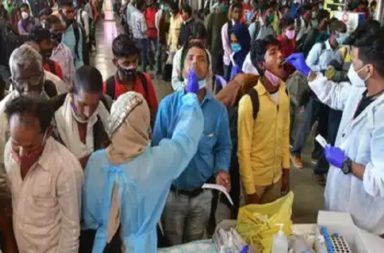United Nations Secretary-General Antonio Guterres warned on Monday that white supremacy and neo-Nazi movements are becoming a “transnational threat” and have exploited the coronavirus pandemic to boost their support. Addressing the U.N. Human Rights Council, Guterres said the danger of hate-driven groups was growing daily. “These and other groups have exploited the pandemic to boost their ranks through social polarization and political and cultural manipulation,” Guterres said Monday in his opening remarks to the United Nations Human Rights Council. “Today, these extremist movements represent the number one internal security threat in several countries. “Far too often, these hate groups are cheered on by people in positions of responsibility in ways that were considered unimaginable not long ago. “We need global coordinated action to defeat this grave and growing danger.”
Recently, white supremacist and neo-Nazi groups have found allies within the political establishments of various countries, Guterres warned, stating that many have been “cheered on by people in positions of responsibility in ways that were considered unimaginable not long ago.” Concerns about white supremacist and neo-Nazi infiltration of the military have also risen after revelations that many members of such hate groups in the U.S. are veterans. Defense Secretary Lloyd Austin has vowed that rooting out extremism in the military will be a top priority of his tenure.
Guterres also accused authorities in some countries of using the COVID-19 pandemic to deploy “heavy-handed security responses and emergency measures to crush dissent”. “At times, access to life-saving COVID-19 information has been concealed – while deadly misinformation has been amplified – including by those in power,” he said. Guterres warned about the power of digital platforms and the use and abuse of data.”I urge all Member States to place human rights at the centre of regulatory frameworks and legislation on the development and use of digital technologies,” he said. “We need a safe, equitable and open digital future that does not infringe on privacy or dignity.”





